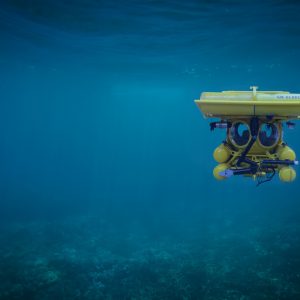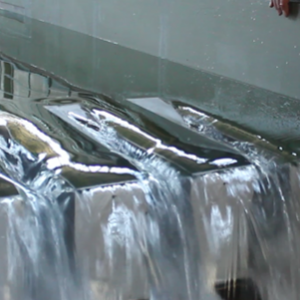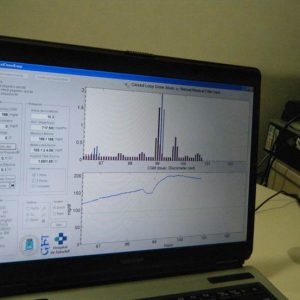Brief description of the technology solution and the added value it provides
This technology has been developed, as prototype laboratory for use of marine biodegradable biopolymers as vegetable fertilizers. Those biopolymers produce such an increase in the total nitrogen content within the plant up to 10 % and an increase up to 15 % in root growth compared to non treated plants. These biopolymers applied to farmland, could also contribute to the recovery of super-exploited agricultural soils favoring the maintenance of soil biodiversity.
Description of the technological base
Marine biopolymers represent an alternative to usual inorganic nitrogen compound fertilizer, being biodegradable and not be released to water or the atmosphere being respectful of the natural environment.
Additionally are up to 10 % cheaper than the commonly used fertilizers. These biopolymers produced increased to 10 % of the total nitrogen content of the plant and an increase of plant root growth to 15 %. Also represent an potential additional source of C and N to the soil microflora and soil restoring tool.
N-SEA represents an alternative to commonly used inorganic fertilizers, non-polluting, inexpensive, high-performance, applicable to both agricultural and forest crops. N-SEA potentially contributes to the maintenance of biodiversity of soil microflora preventing degradation of agricultural land and contributing also to soil health restoration sustainably.
“Biofertilizers, biodegradable, cheap and environmentally friendly”
Market demands
- Nearly 50 % of the investment necessary to cultivate agricultural land is intented for fertilization.
- The current food industry demand vegetable fertilizer use that are effective and that are respectful of the environment, which does not produce polluting nitrogen waste water and atmosphere.
- The products currently used in the industry are expensive and also cause undesirable effects on the ground and in the atmosphere by the accumulation of nitrogenous wastes. These effects contribute to agricultural soil degradation and global warming by releasing nitrogen compounds into the atmosphere, respectively.
- Atmospheric nitrogen deposition leads to a 10 % loss of forest biodiversity in two thirds of the european área
Competitive advantages
- Reduction in the cost of the product over existing products up to 10 %.
- More efficient to produce an increase in both root growth and nitrogen content of the plant, essential for metabolic functions that allow plant development (under laboratory conditions).
- Avoid waste production derived from inorganic nitrogen use.
- Contribute to the improvement of soil microbiota favoring the maintenance of biodiversity and agricultural soil conservation.
Development stage
- Concept
- Research
- Lab prototype
- Industrial prototype
- Production
Contact
N-SEA
Marta Berrocal-Lobo
Dpto. Sistemas y Recursos Naturales
Centro de Biotecnología y Genómica de Plantas (CBGP-UPM)
e:
w: http://www.cbgp.upm.es
Contacto UPM
Área de Innovación, Comercialización y Creación de Empresas
Centro de Apoyo a la Innovación Tecnológica – UPM
e:















